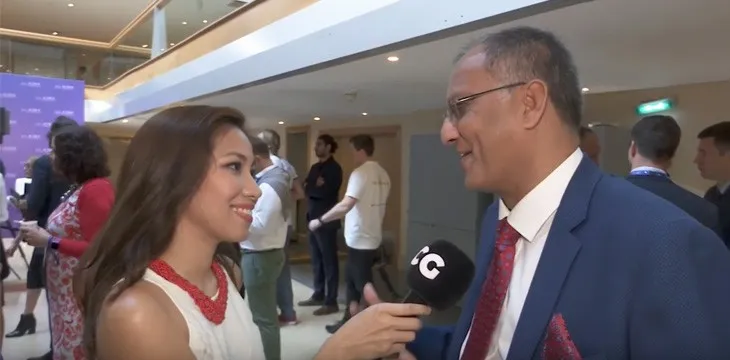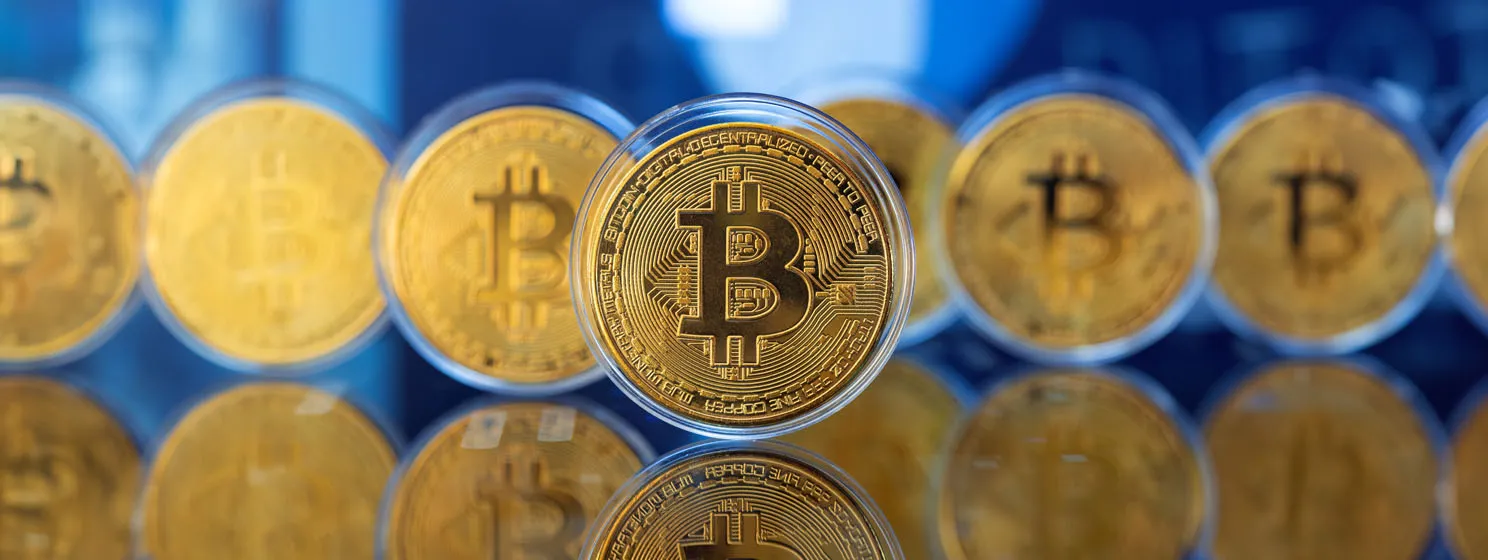|
Getting your Trinity Audio player ready...
|
Blockchain technology has been focused on improving efficiency, reducing costs and improving speed—all of which translate to increased profitability for its users. However, in recent times, we’ve seen a rise in the use of blockchain for social good. The Global Blockchain Organization is one initiative, aiming to utilize the blockchain to create a better future. One of the founders, Mru Patel was at the Malta AI and Blockchain Summit where he spoke to CoinGeek’s Stephanie Tower about GBO, the need for regulations and more.
The GBO will bring together various stakeholders, from regulators to banks and startups, and “create a standard regulated thing on basic values,” he explained. These members will “shape the future of the blockchain through process, regulation and universal compliance towards blockchain for humanity.”
The organization was launched in December 2019 in Oslo, Norway. It intends to work towards the adoption and utilization of blockchain in government, healthcare, energy, finance and infrastructure.
Patel stated, “The immediate impact we hope for is all about humanity—how to improve the lives people. At the end of the day we’re giving to charities, we’re building communities, we’re going to raise a lot of funds.”
Patel is also the President of EXcoin, a derivatives exchange for digital options trading. The platform allows its users to deposit and withdraw in crypto and offers trading in futures, options and CFDs. He has also been extensively involved in regulatory processes, especially concerning cryptocurrencies and blockchain technology.
He believes that governments across the globe must try to understand blockchain a bit better, so as to make informed decisions on how to regulate it. Most of them only know blockchain as a technology that underpins Bitcoin. Others relate it to the many crypto-related scams that have occurred in recent times. However, it’s much more than this and could ultimately transform how governments operate.
On the perceived tug of war between blockchain and regulators, he explained, “Majority of the governments are focusing mainly on the fintech space to track money laundering and related activities, also on taxation. In my view, majority of them are dragging their feet. I have a view that what they are actually doing is protecting their jobs, pensions and the cartels they are involved with.”

 07-02-2025
07-02-2025 





